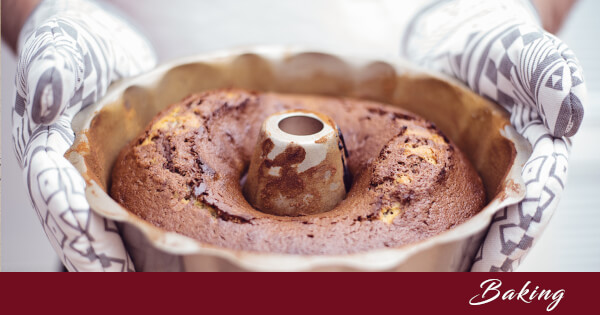In January, I suggested you check your family recipes to make sure they weren’t missing any directions and/or ingredient measurements. (Did You Know Recipes Are Like Puzzles?)
In the past, mothers taught their daughters to cook, passing on family recipes through hands-on training. With the increase of literacy in the 1800s, families began writing down these recipes. More people learning to read also meant the use of cookbooks increased.
The History of Cookbooks
If you think cookbooks are a modern invention, think again. They’ve been around a long time, although it wasn’t until the 1400s, with the introduction of modern printing, that they were available to more than just royalty and the wealthiest of individuals.
Several cookbooks from the Colonial era have survived. One of the most well-known is Hannah Glasse’s Cooking Made Plain and Easy (1745).
The Romans
But let’s step even further back in time. All the way back to ancient Rome. The only Roman cookbook that survived from antiquity is De Re Coquinaria, or On the Subject of Cooking, written by Apicius (a pseudonym for “Gourmet”). The first English translation of this cookbook was published in 1936 by Joseph Dommers, a Latin scholar and professional chef. (Wow, what a career combination!)
However, while this cookbook survived, many of its recipes are impossible to duplicate because—unless the recipe was medicinal—precise measurements weren’t always included. Likewise, many ingredients are difficult to find and/or are completely unknown today.
Both issues provided major stumbling blocks for Biblical Archeology Review’s test kitchen when they tried to replicate the recipes. One recipe they did successfully recreate was Custard. (Yes, the ancient Romans liked their sweets.)
The custard is easy to make and isn’t half bad. If you’re interested, you can get several ancient recipes, including the Custard, here. (FYI, consider using thicker, “creamed,” honey, as well as whole milk or half-and-half in this recipe. Romans didn’t have skim or 2% milk.)
Recipes and Cookbooks Today
There have been many changes in the way recipes have been recorded and distributed since the oldest surviving recipes were written down in approximately 1750 B.C.E. The days of physical cookbooks and magazines, much less the well-worn box filled with stained, hand-written recipe cards, are almost a thing of the past. Who needs them when thousands of recipes are at your fingertips through your phone, laptop, and tablet?


This is really cool. Who would have known. I love reading blogs/stories.
I love reading your blogs/stories
Thanks, Nena. I love hearing this!
I found it very interesting. I’m glad to know you did, too. Thanks, Nena.
I’ve had Betty’s custard and it is delicious! She’s quite the baker— Betty the Baker!
Thanks, Talitha, but credit for that custard goes to my nephew, Jason’s, grandmother. This recipe is an ancient Roman custard recipe. Not as good, but not bad. Lol